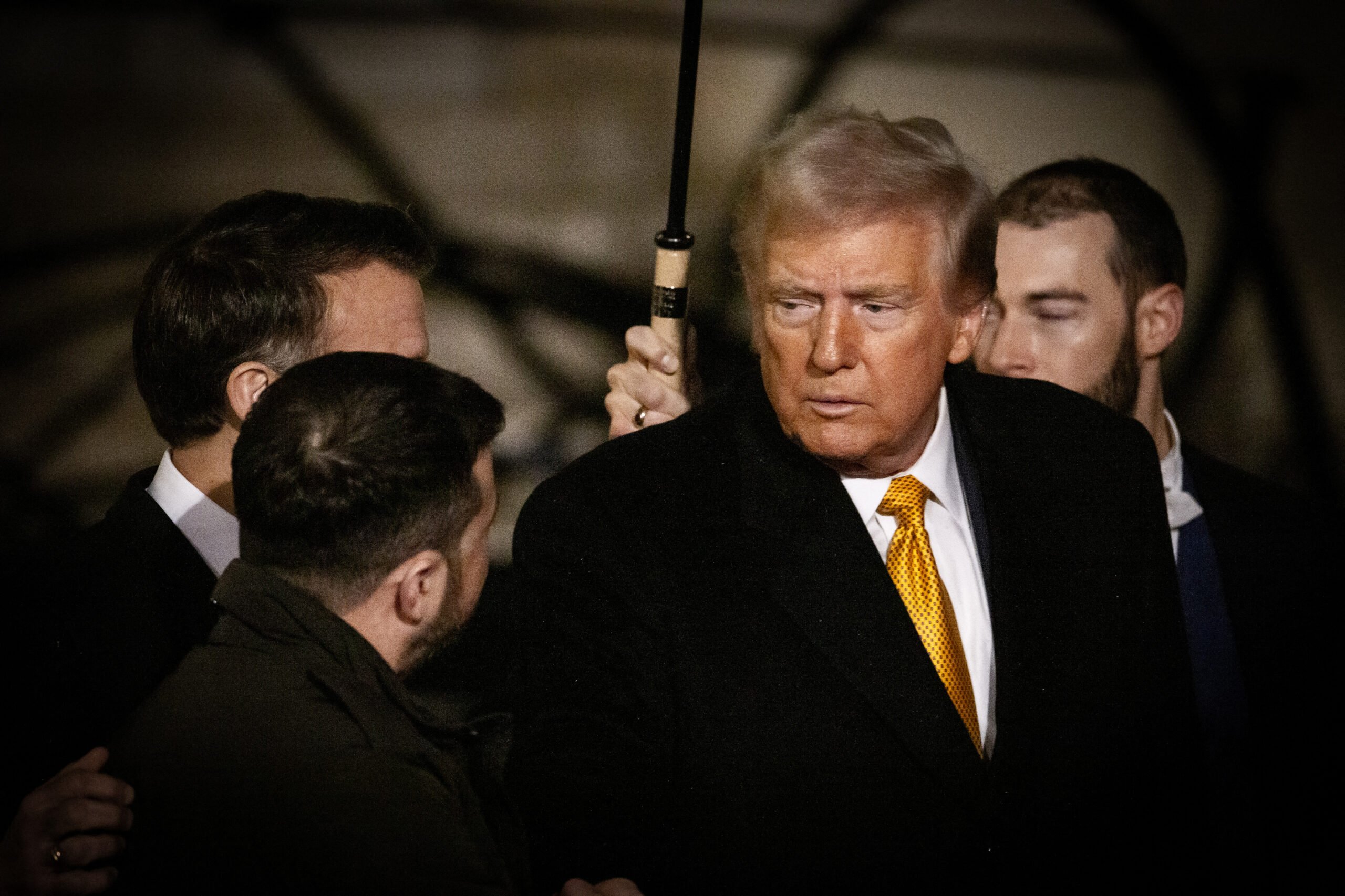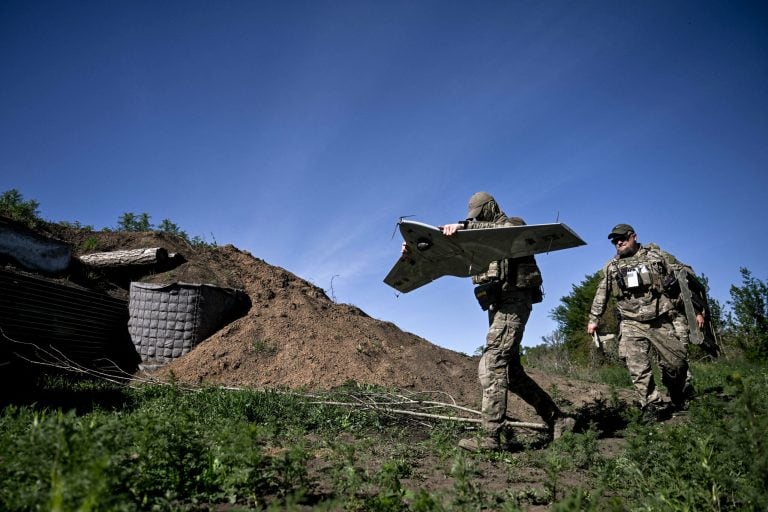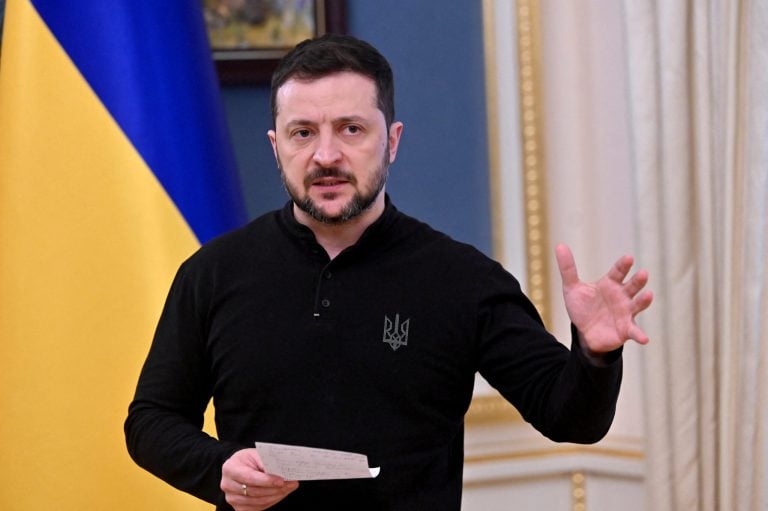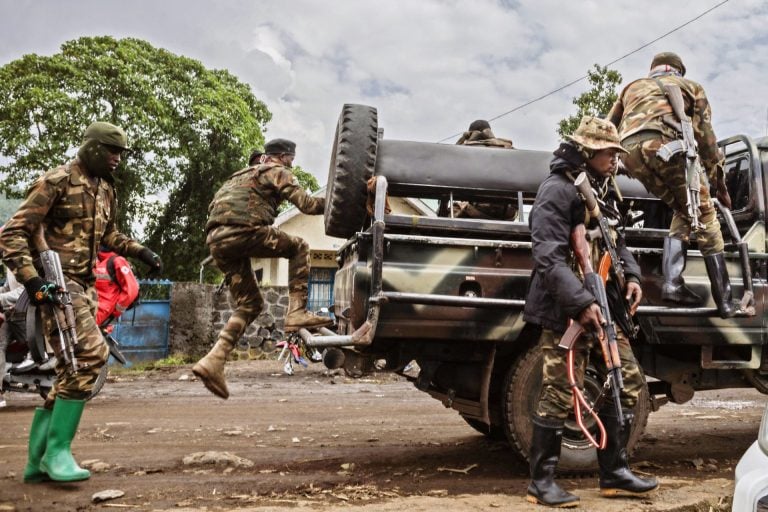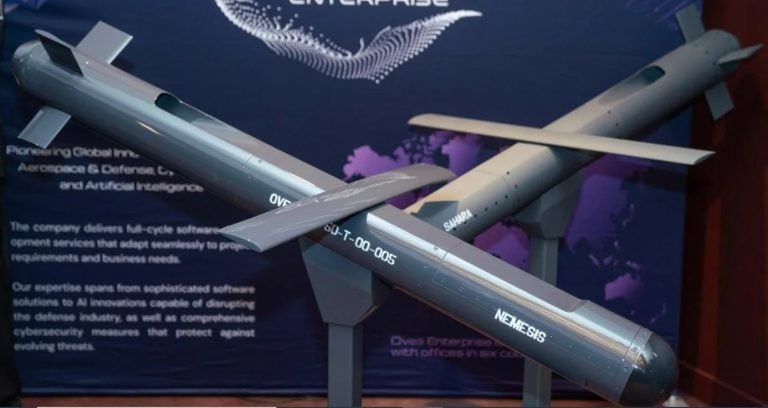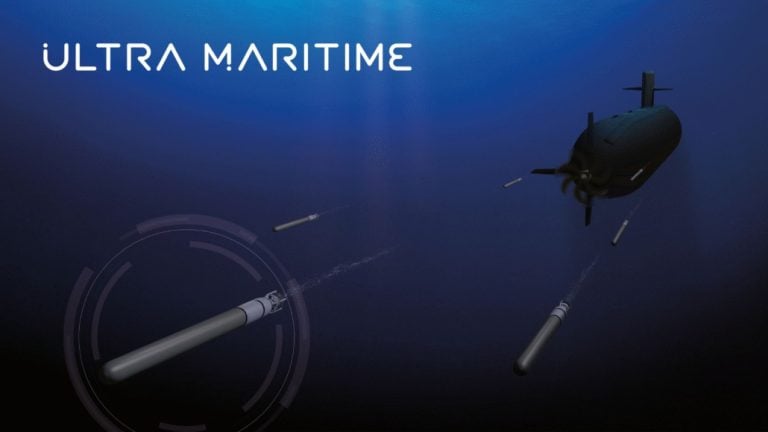US President Donald Trump has taken a controversial step by suspending military aid to Ukraine, escalating pressure on the war-torn nation to engage in peace negotiations with Russia. This decision follows a heated public confrontation with Ukrainian President Volodymyr Zelensky, who has consistently urged for steadfast support from Western allies to combat the ongoing Russian invasion.
The Kremlin responded positively to the suspension, with spokesman Dmitry Peskov asserting that this move could facilitate a peace process by pushing the Kyiv administration toward negotiations. Analysts warn, however, that cutting off US military support could significantly diminish Ukraine’s ability to defend itself against Russia’s advances.
On Monday, reports surfaced that Trump had been non-committal when asked about the possibility of a pause in military assistance. A White House official later confirmed to AFP that aid would indeed be paused, stating that the President’s focus is on achieving peace and that partners must share this vision. The official emphasized that the review of aid aims to ensure it effectively contributes to a resolution to the conflict.
In response to the US aid suspension, European Commission President Ursula von der Leyen outlined a substantial plan to mobilize around 800 billion euros for Europe’s defense needs, including immediate military support for Ukraine. “This is a moment for Europe, and we are ready to step up,” von der Leyen declared during a press briefing in Brussels.
The United Kingdom also reaffirmed its commitment to supporting Ukraine. Prime Minister Keir Starmer’s administration focused on achieving a peace agreement, with Deputy Prime Minister Angela Rayner calling the situation a priority.
However, the decision to pause aid has drawn sharp criticism from Congressional Democrats, who label the move as perilous and illegal. Gregory Meeks, a senior Democrat on the House Foreign Affairs Committee, urged Republican counterparts to join in demanding an immediate reversal of what he described as a “disastrous and unlawful freeze.”
Ukrainian reactions to the announcement ranged from shock to dismay, with media commentator Denys Kazansky lamenting that other nations, such as North Korea and Iran, continue to assist Russia militarily, despite the US pulling back.
Additionally, Trump has publicly expressed irritation over Zelensky’s conduct, suggesting that the Ukrainian leader should adopt a more grateful attitude toward American support. He warned that Zelensky’s leadership could be in jeopardy without a ceasefire agreement with Moscow.
Amidst the unfolding drama, Ukrainian officials reported casualties from a Russian missile attack on a military training facility located approximately 130 kilometers from the conflict’s front lines. The situation in Ukraine remains precarious, with ongoing discussions regarding a potential one-month truce being explored by Britain and France, which would encompass air, sea, and energy infrastructure components potentially secured by ground troops.
Zelensky reiterated his commitment to ending the war swiftly, while expressing skepticism about Russia’s seriousness in negotiations. This discord amid ongoing discussions about security guarantees suggests a convoluted road ahead. Trump’s actions have sparked fears of a geopolitical pivot toward Russia that could imperil Ukraine’s future and further complicate alliances in the region.
